No Spin Live takes a look at the most recent headlines out of Florida concerning sketchy cosmetic surgery practices. Lawmakers in the SunshineSstate are making sweeping changes in order to crack down on deadly cosmetic surgery facilities in response to yet another patient death.
Dr. Chet Mays of Louisville, KY, Dr. William P. Adams Jr., of Dallas, and Dr. Richard Zienowicz of Providence, RI weigh in on this disturbing trend. They discuss why it is critically important that patients educate themselves on the credentials of not just their plastic surgeon, but also the surgical facility where they are having their procedure. It could literally save your life.
“Miami Not So Nice”
There has been a lot of regulation recently in the United States, especially in Florida, on the certification of surgeons, as well as the surgical facilities where procedures are performed. It all comes down to patient safety. Miami, in particular, has been home to a number of recent patient deaths. “Miami Vice, Miami Splice, Miami not so nice. We’re always hearing about Miami,” says Dr. Zienowicz.
If you look at the articles, they do clarify that most of these bad outcomes are coming from surgeons who are not qualified. “The board has not been doing due diligence on background checks on these people,” continues Zienowicz. They say that don’t have enough money to fund this research and are blaming the government. Bottom line, they aren’t checking up on these credentials and some patients are paying the ultimate price.
Look for a Board Certified Plastic Surgeon
One of the ways that patients can help ensure that their plastic surgeon actually has the proper training, credentials and experience to perform these aesthetic procedures safely is to check if he or she is board certified by either the:
- American Society for Aesthetic Plastic Surgery (ASAPS)
- American Society of Plastic Surgeons (ASPS)
A certification from either of these societies means that the surgeon has been vetted. He or she has completed the proper schooling and passed a rigorous test. After verifying board certification of the surgeon, it’s also critical to verify the surgical center they operate in is likewise properly credetialed. This is incredibly important for patient safety. Even in the most skilled hands, complications can occur during surgery. You need to know that your surgical facility is equipped to deal with these quickly and efficiently.
Not Just a Florida Problem
“Patient safety is at the forefront,” explains Dr. Mays. A board certified plastic surgeon generally has certain standards of practice, but “you have these little chop shops that want to make an extra buck and they pop up all over the place,” continues Mays. “It’s a nation-wide problem.”
Even though he is located in Louisville, he hears about “destination plastic surgery” all the time from his patients. Someone will go down to Puerto Rico to get a procedure and he or she won’t even know the name of the surgeon, let alone the credentials. Then that person winds up in Dr. Mays’ office with a wound infection because there was no follow up. “I’m glad that it’s in the news and people are talking qualifications,” he shares.
A Cosmetic Surgeon Not a Plastic Surgeon
Part of the issue is that most people think that a cosmetic surgeon and a plastic surgeon are the same thing. They are not. The basis of a plastic surgeon’s training is in reconstructive plastic surgery. This gives that surgeon a deep understanding of anatomy. Yes, many plastic surgeons perform cosmetic surgery exclusively, but they are more than just cosmetic surgeons.
Looking at the patient who died in Florida recently from a Brazilian Breast Lift, the patient paid $3600 in total. As Dr. Zienowicz points out, those are Dominican Republic prices. Any surgeon who is working on that kind of fee scale is not taking their time to ensure a risk-free surgery. There will inevitably be a problem down the road, and it gives a bad name to the specialty in general.
Good News/Bad News re: Social Media
To complicate the problem further, plastic surgeons have somewhat of a love/hate relationship with social media. It has helped patients stay informed on the various procedures out there, but they can also get blindsided by the marketing of these sketchy outfits.
A great website can make a plastic surgery center look good and sound great. “Sometimes, what you see is not what you get,” explains Dr. Adams. Patients need to perform their due diligence and make sure that the person performing your procedure has the qualifications to do so safely.



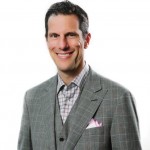
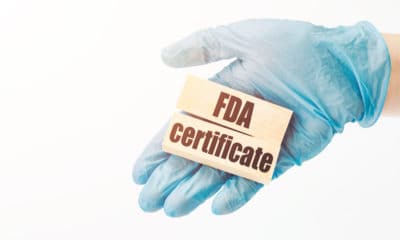
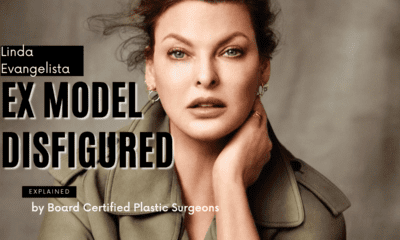



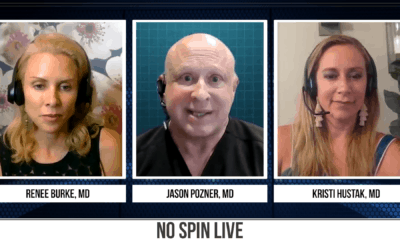
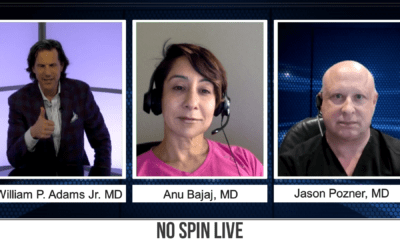






Facebook
Twitter
Instagram
YouTube
RSS